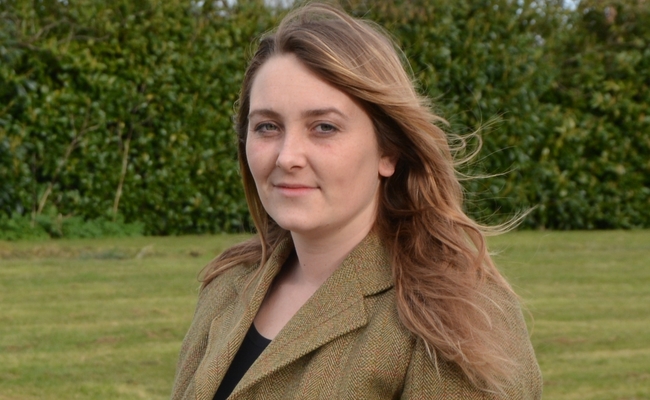Sheep farmers are being urged to take cover against the potential financial losses incurred by sheep worrying after the latest spate of distressing attacks reported across the country.
The graphic images and noticeable increase in reports of sheep worrying over recent weeks, once again brings to the fore the constant challenge farmers face in educating the public of the potential impacts their actions can have on livestock.
“While dog attacks on livestock are no new thing, police are now reporting a sharp rise in incidents across the country,” says Charlotte Wilson of agricultural insurance broker Farmers & Mercantile (F&M). “We have certainly seen an escalation in the number of claims.”
Social media is proving an effective tool to educate dog owners on the importance of keeping dogs under control around livestock, focusing not only on the devastation that can be caused for the farmer, but also to the dog owner if the animal is shot, or later put down.
“While the first step should always be to educate the public, other steps do need to be taken to protect farmers from what now, unfortunately seems almost like the inevitable!” says Charlotte.
With the increasing number of houses being built in rural areas, and farm diversifications into camp sites, the chances of an attack have rapidly increased.
With the unfortunate likelihood that the culprits will not be caught and brought to justice, livestock farmers really should be looking at making sure their insurance protects them.
“Although there is no protection for emotional losses, by having sheep worrying cover on your farm insurance policy, the loss of income from the incident is at least negated,” adds Charlotte.
Cover for sheep worrying is available as an extension to a standardlivestock policy, and will apply regardless of whether animals are being grazed on a farmers’ own land or a rented field.
“It is frustrating for farmers that they are having to pay for this additional protection, but if insured correctly, the extra premium paid for this extension of cover will be nominal in the bigger picture,” concludes Charlotte.


